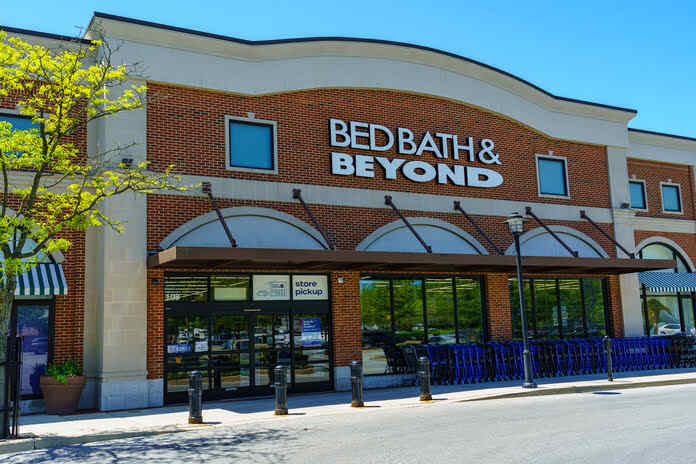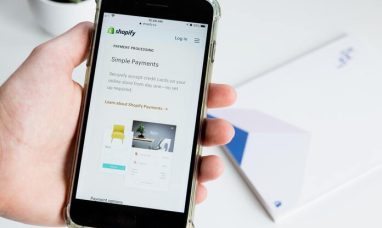Bed Bath & Beyond Inc (NASDAQ:BBBY)
Bed Bath & Beyond Inc. (NASDAQ:BBBY) is a retail chain that sells a variety of household goods, including bedding, bath towels, kitchenware, and home decor items. In recent years, the company has undergone significant changes, including the departure of its long-time CEO and the implementation of a new strategy focused on digital sales and customer engagement.
One significant event in the recent history of Bed Bath & Beyond was its decision to raise capital through a public equity offering. In December 2019, the company announced that it would be selling $250 million worth of common stock to the public. The proceeds from this offering were intended to be used for a variety of purposes, including reducing debt, funding share buybacks, and investing in the company’s digital capabilities.
The decision to raise capital through a public equity offering was significant for Bed Bath & Beyond for several reasons. First, it was an indication that the company was willing to take aggressive steps to improve its financial position and accelerate its turnaround efforts. Second, it gave the company access to a new pool of capital that could be used to fund its growth and expansion plans.
Bed & Beyond Stock Price
Despite the potential benefits of the public equity offering, Bed Bath & Beyond’s stock price actually declined in the days following the announcement. This was likely due to investor concerns about the company’s long-term prospects and the effectiveness of its turnaround plan. However, in the months that followed, Bed Bath & Beyond’s stock price rebounded and has continued to rise since then.
In 2020, Bed Bath & Beyond’s stock price experienced significant volatility as a result of the COVID-19 pandemic. The company’s physical stores were temporarily closed, leading to a surge in online sales. However, the pandemic also caused disruptions in the company’s supply chain and increased costs associated with implementing new safety measures.
Despite these challenges, Bed Bath & Beyond’s stock price has continued to rise in 2021. The company has reported strong sales growth in its online channels and has successfully implemented new initiatives to drive customer engagement, such as a new loyalty program and a focus on personalized marketing.
Bed Bath & Beyond has raised an additional $135 million in proceeds from its equity offering, the company said on Wednesday.
This is in addition to the $225 million the company said it raised in early February, bringing the total up to $360 million as of March 7.
Before launching its public equity offering, Bed Bath (NASDAQ:BBBY) was on the brink of bankruptcy. The company defaulted on some of its loans in January and said it was overdue paying interest on some of its senior notes. At the time, Bed Bath’s management team said the company was exploring several solutions—including filing for bankruptcy—to keep its business afloat.
Enter the equity offering, which was seen by many on Wall Street as a last-ditch attempt to stave off a chapter 11 filing. But within a day, Bed Bath said it had secured $225 million in funding, with promises to receive an additional $800 million in future installments, including the one announced today.
Since closing the equity financing, the company has worked on paying off its debt. Last week, Bed Bath paid the outstanding interest due on all senior notes. The company has also engaged with suppliers to improve its inventory position and continued to close stores to optimize its bricks-and-mortar footprint, said CEO Sue Gove on Wednesday.
Securing the financing was a key condition for Bed Bath to enter into an amended agreement with creditors, including JPMorgan Chase and Sixth Street Partners. On Wednesday, the company said the agreement was completed. under the amendment, creditors will waive Bed Bath’s previous defaults and rescind their requests for the company to immediately pay back loans under its credit facilities.
The amendment also requires that Bed Bath receive an additional $100 million in proceeds on or before April 6, and every 22 trading days afterward.
Featured Image: Megapixl © Georgesheldon









